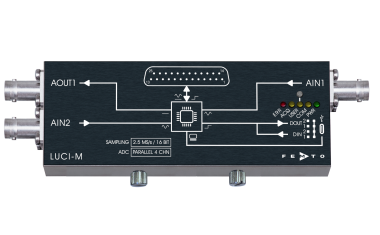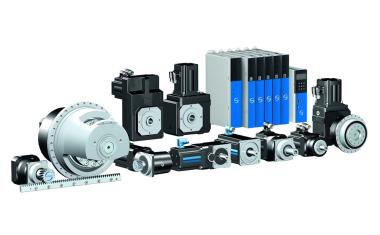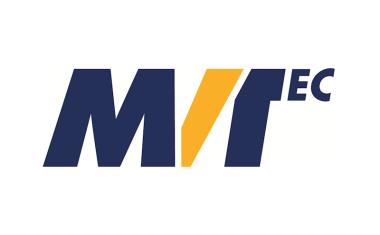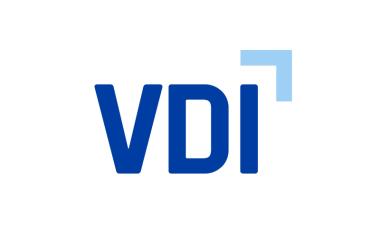Zebra presents new study
Study shows executives want to invest in machine vision, computer vision and predictive analytics to accelerate warehouse modernization
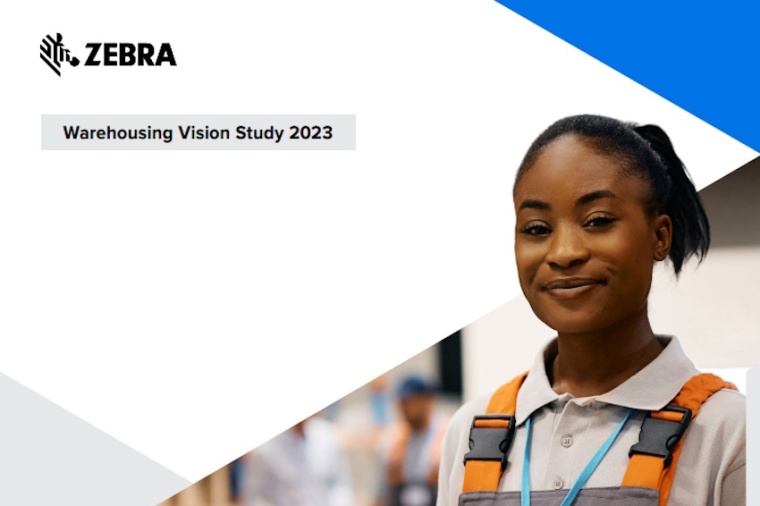
Zebra Technologies found in a study that warehouse operators are increasingly engaging with a variety of artificial intelligence (AI) technologies. The industry is facing upheaval, according to the Zebra study “Achieving modern warehousing: Resilience and agility of the supply chain” from 2023.
The results follow a year of inflationary pressures and ongoing labor market challenges. This was further complicated by black swan events in the form of the drought in the Panama Canal and the disruption in the Red Sea. These events resulted in shipping delays, diversions and increased costs, all impacting global supply chains.
The study shows that most warehouse logistics decision makers worldwide want to invest in machine learning (94 percent), predictive analytics (92 percent), machine vision (86 percent) and computer vision (85 percent) in the next five years. These advanced AI technologies provide leading automation, analytics and digital decision-making capabilities across the supply chain and warehouse. Warehouse logistics decision-makers are accelerating their technology investment plans to address new supply chain challenges such as: optimizing workforce, streamlining workflow processes, inventory inaccuracy, and moving to cloud-based systems.
The research paper, “Achieving Modern Warehousing: Supply Chain Resilience and Agility,” is based on Zebra’s “Warehousing Vision Study,” conducted in March and April 2023 by third-party research firm Azure Knowledge Corporation. It includes feedback from over 1,400 decision makers and employees who manage and maintain warehouse or distribution centers in manufacturing, retail, transportation, logistics and wholesale distribution in North America, Latin America, Europe and Asia Pacific.




